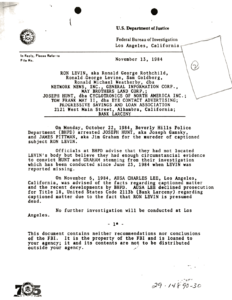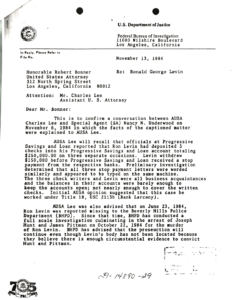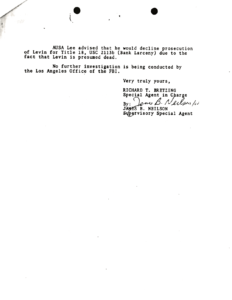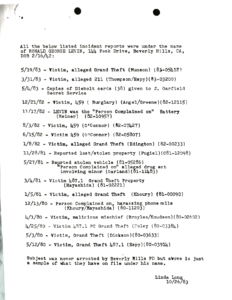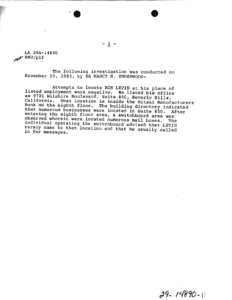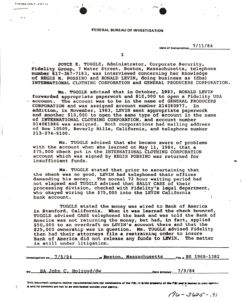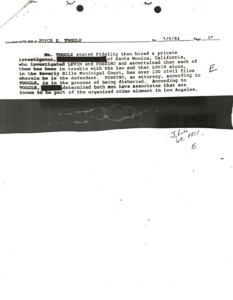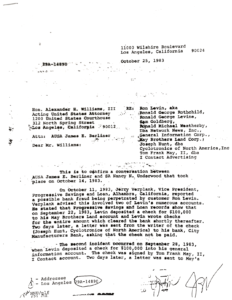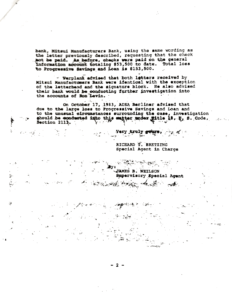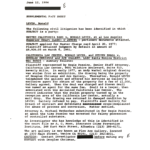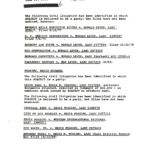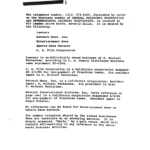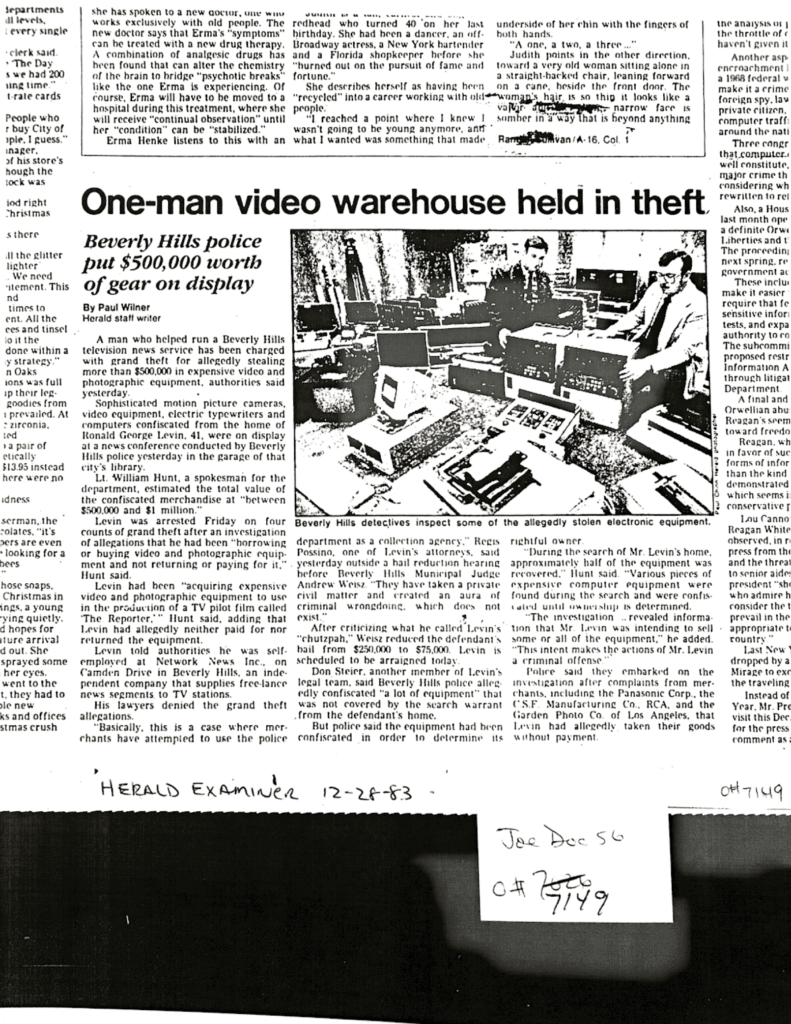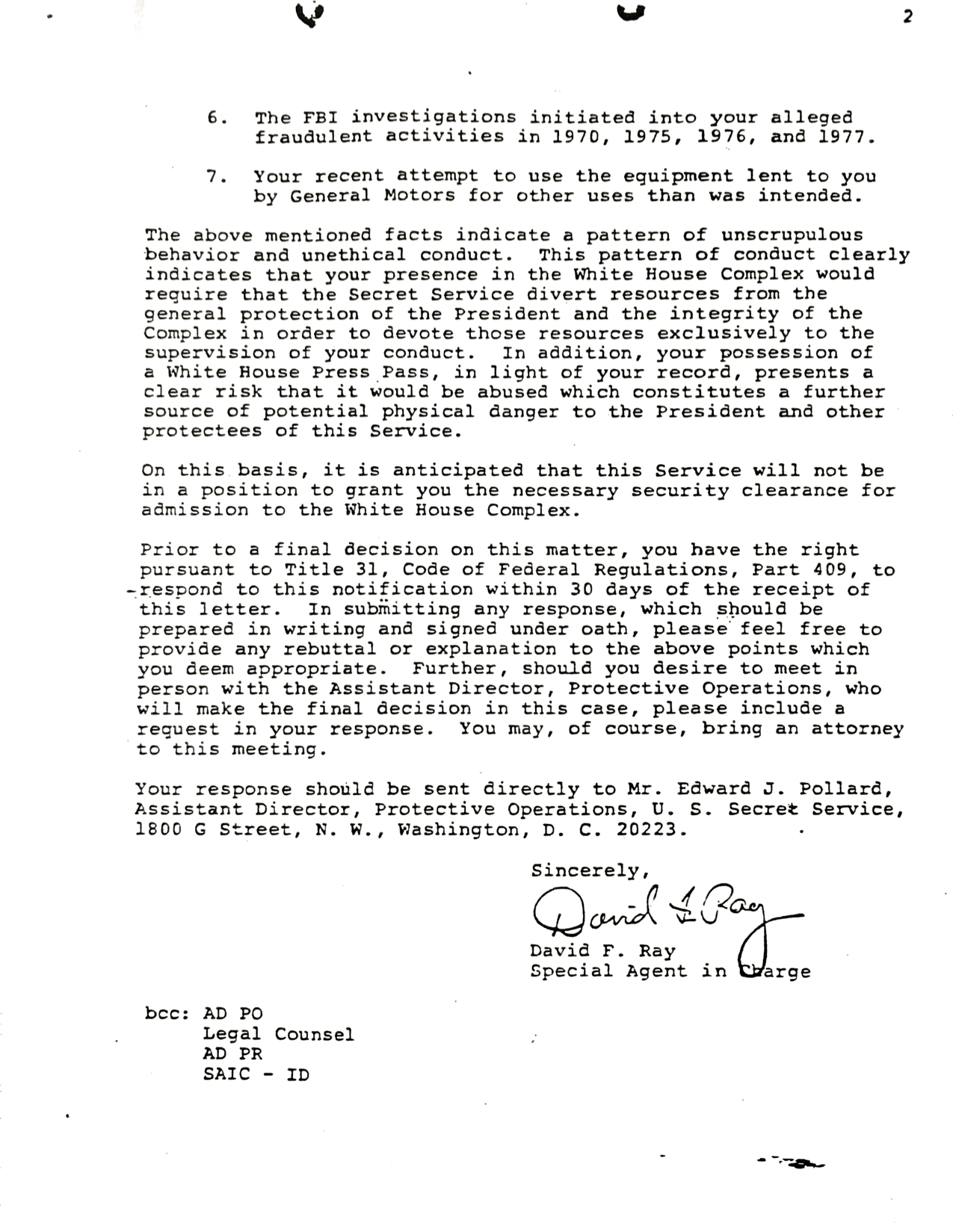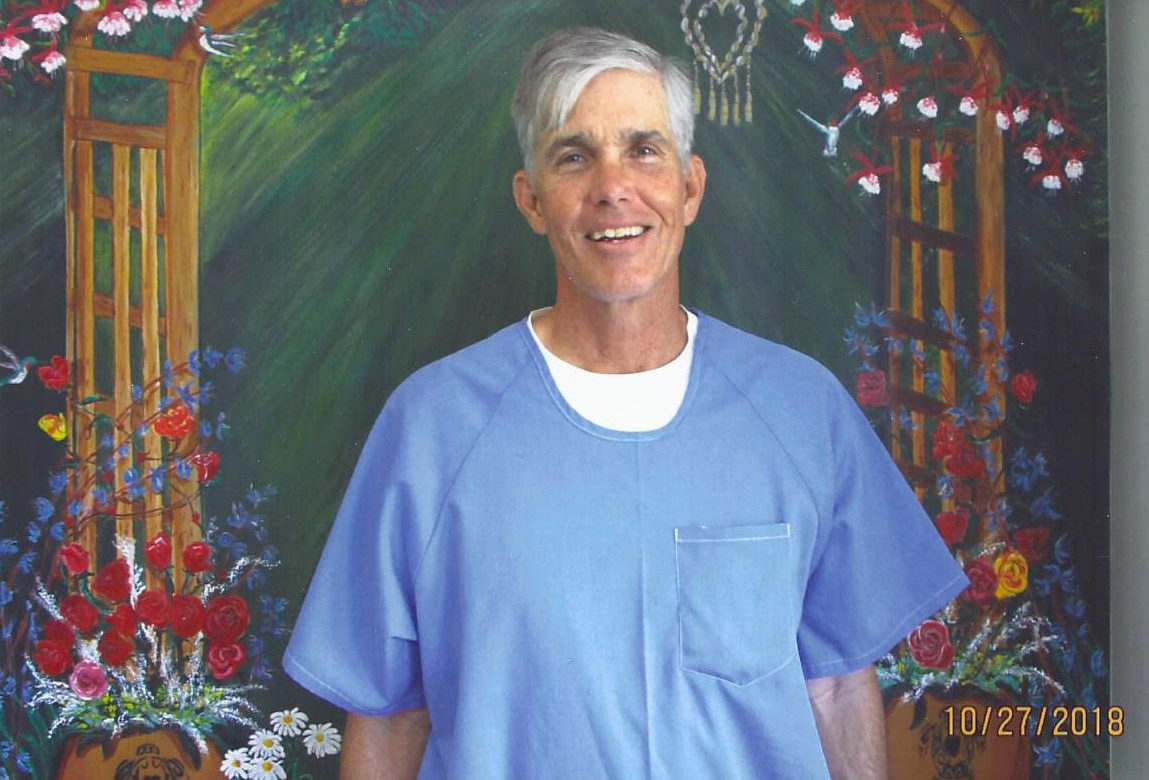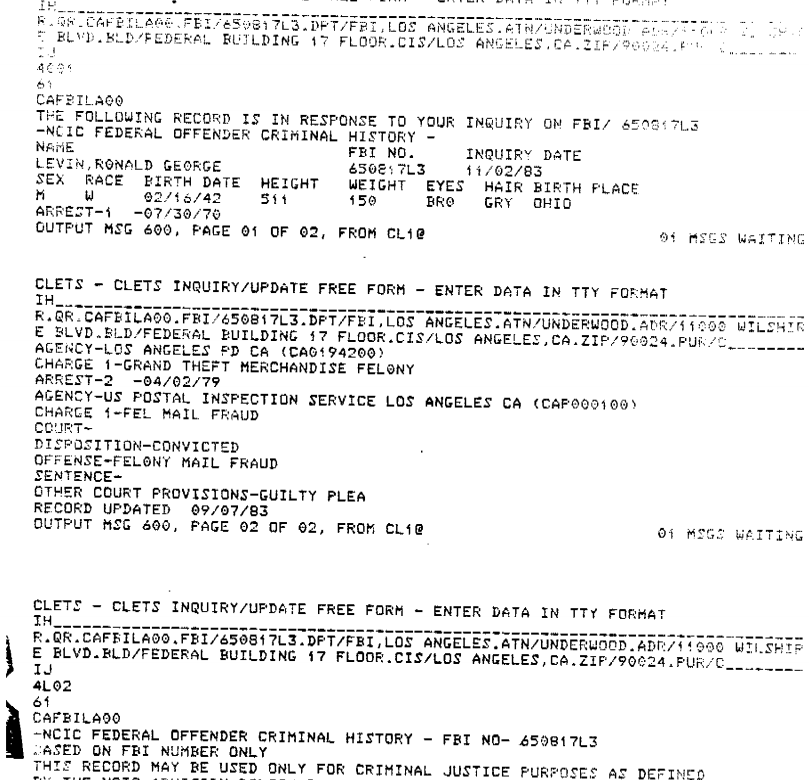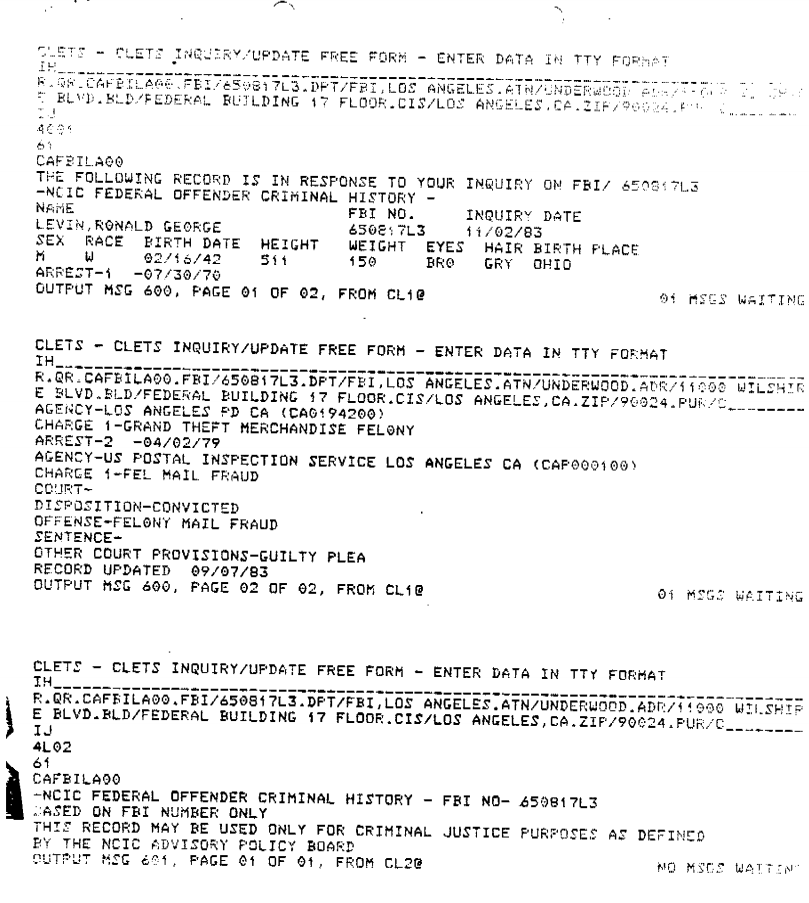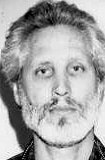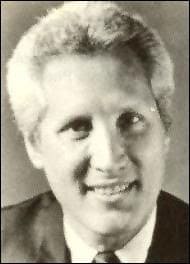Ron Levin: His Criminal History, Documented
The following FBI documents describe how Ron Levin (alias Ronald Rothchild, alias Ronald Levine, alias Sam Goldberg, alias Ronald Weatherby) got out from under FBI charges of bank larceny for passing $250,000 in fake checks: by disappearing.
When the Beverly Hills Police department decided that Joe Hunt was the suspect, with no body and only circumstantial evidence, the letter says, “no further investigation will be conducted.”
When investigators began connecting the dots and began looking into Levin’s criminal history, they compiled a list that was “just a sample” of what police had on file under his name: grand theft, battery, stolen property, a stolen vehicle, harassment, robbery (indicated as “211”), burglary, and an alleged drug act involving a minor.
When investigators went to Levin’s listed place of employment, they found that the address was a fake: nothing more than a mailbox in an office building.
In an FBI interview with a corporate security administrator for Fidelity Group, investigators learned that Ron Levin deposited bad checks into two accounts and immediately attempted to withdraw the funds. Following Levin’s suspicious activities, Fidelity hired an investigator, who learned that Levin had an extensive criminal history and had over 100 civil court filings against him, and had associates in organized crime.
In an interview in which Joe Hunt discussed the infamous “to do” list that was part of his trial, Joe mentioned the multitude of lawsuits Levin faced, and how they left the unrepentant con man unfazed.
“The idea of civilly suing him — it’s just like, get in line,” Joe said. Levin had boasted to Boys Club members that he was an expert at converting criminal fraud into a civil matter to avoid arrest, so legal action simply didn’t seem like a meaningful option.
Joe explained that the list was written out not as a literal plan of action, but part of a desperate ploy to intimidate Levin into paying back funds he had swindled from Joe and Joe’s investors.
Levin tried to pull a similar bank fraud with Progressive Savings and Loan, as detailed in the following letters to the U.S. Attorney:
Further FBI investigation revealed that Levin also heisted a drawing by Andy Warhol from an art gallery, and then offered his “services” to the gallery to help recover it.
Then there was Levin’s theft of $500,000 (in 1980s dollars!) worth of video and photographic equipment, detailed in this story from the Los Angeles Herald-Examiner that called Levin’s loot a “One-man video warehouse.”
The story illustrates that Levin’s criminal history ran the gamut from sophisticated cons to common thievery.
